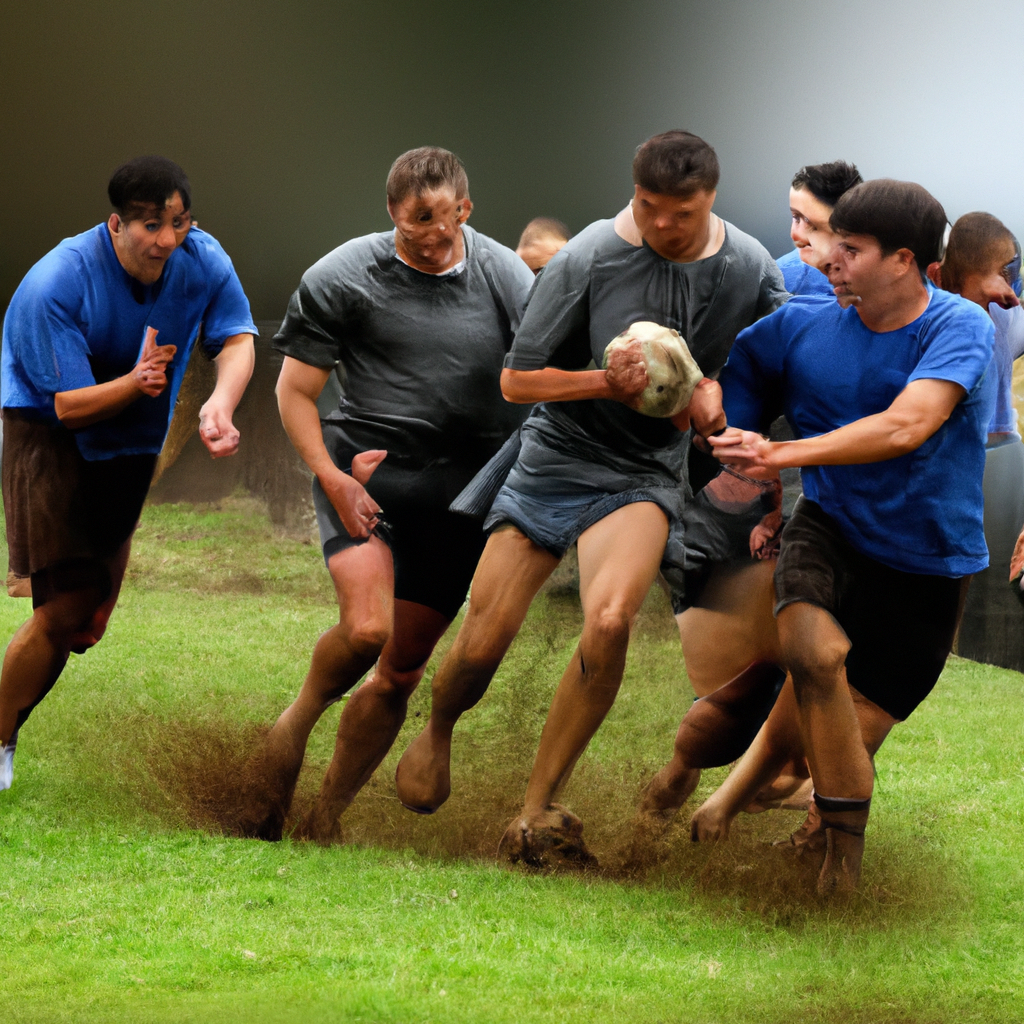Read in your native language
english german italian french spanish mandarin arabic portuguese russian japanese hindi bengali punjabi urdu korean vietnamese thai malay indonesian persian turkish polish ukrainian greek romanian hungarian dutch swedish norwegian finnish danish hebrew czech slovak bulgarian serbian croatian slovenian
Sleep Strategies for Olympic Athletes: A Focus on Alex "Spiff" Sedrick and Lucas Lacamp
As Olympic athletes from the US' women’s and men’s rugby teams, Alex "Spiff" Sedrick and Lucas Lacamp face pressure on and off the field as they prepare for the upcoming 2024 Paris Games. While they undergo rigid training regimens to enhance their athletic performance, they also share a common struggle with something as universal as sleep. Through their experiences, we can understand the various elements that influence their ability to achieve restorative sleep amidst their demanding schedules.
Perspectives of Involved Parties
Athletes' Perspectives
Both Sedrick and Lacamp highlight the immense pressure they face as elite athletes. Sleep plays a critical role in ensuring they are at peak performance. Benefits of good sleep include:
- Enhanced physical recovery and muscle growth.
- Improved focus and decision-making skills on the field.
- Better immune system function.
However, Sedrick and Lacamp also acknowledge the challenges they face:
- High-stress levels that amplify anxiety and impact sleep quality.
- Physical discomfort from injuries or intense training sessions.
- Frequent travel disrupting their sleep-wake cycle.
Public Perspective
The general public can relate to the sleep struggles of these athletes, recognizing that stress, anxiety, and lifestyle changes can affect anyone's ability to achieve a good night’s sleep. Benefits for the public include:
- Learning techniques from expert athletes to enhance personal sleep habits.
- Understanding the physiological need for sleep to cope with daily challenges.
On the other hand, risks involve:
- Potential misunderstanding of the extreme sleep challenges faced by professional athletes.
- Overlooking personal stressors that impact their own sleep.
Risks and Losses
Both Sedrick and Lacamp risk compromising their performance by not prioritizing sleep. The consequences of poor or inadequate sleep include:
- Increased risk of injury due to slower reflexes and fatigue.
- Long-term health issues from continuous sleep deprivation.
Meanwhile, the public faces losses by not adopting healthy sleep habits, which can lead to:
- Chronic fatigue affecting work and daily activities.
- Increased risks of mental health challenges.
Relevancy Meter
This discussion is extremely relevant today, as it connects the experiences of modern-day Olympic athletes with those of the general public who share similar struggles with sleep. Although the athletes operate in a world of high stakes, the connection between sleep quality and performance is timeless and affects all generations.
Infographic Representation
Here’s a simple infographic to summarize the factors affecting sleep for Olympic athletes and how that knowledge can help the average person:
- Key Factors Affecting Sleep:
- Physical Training
- Mental Stress
- Travel and Time Zones
- Environment (light and temperature)
- Sleep Improvement Strategies:
- Create a bedtime routine.
- Utilize sleep accessories (eye masks, weighted blankets).
- Practice mindfulness techniques to reduce stress.
- Monitor diet closely for improved digestion and energy levels.
Conclusion
The journey to better sleep may be filled with challenges for both Alex "Spiff" Sedrick and Lucas Lacamp, but their experiences shed light on key strategies every individual can implement. In understanding the significance of sleep, both elite athletes and everyday people can enhance their overall well-being and performance.
Keywords: Sleep, Olympic athletes, 2024 Paris Games, Alex "Spiff" Sedrick, Lucas Lacamp
Author: Andrej Dimov
Published on: 2024-07-28 21:26:26



